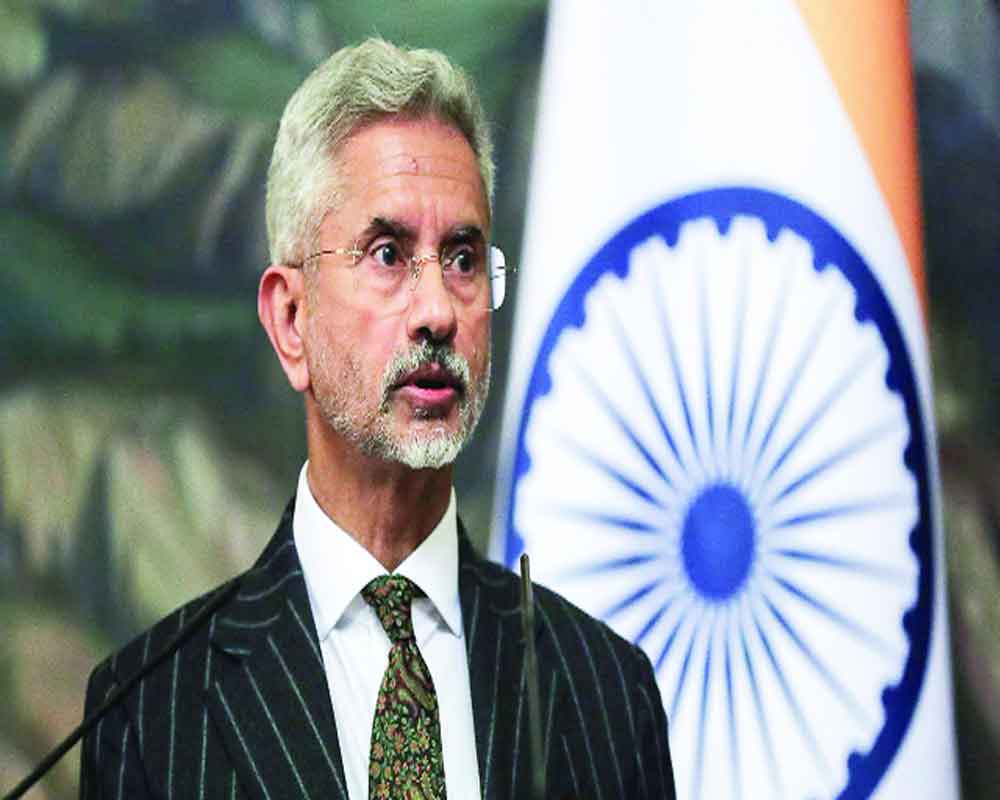The roots of Khalistani extremism in Canada run deep; S Jaishankar just made it public
In a recent critique of the Trudeau administration, External Affairs Minister S Jaishankar accused Canada of granting visas to individuals linked to organised crime, despite warnings from New Delhi, while also legitimising extremism, separatism, and advocates of violence under the guise of free speech. Regarding the escalation of pro-Khalistani activities in Canada and the recent arrest of three individuals in connection with the killing of India-designated terrorist Hardeep Singh Nijjar, Jaishankar remarked that certain individuals have organized politically, influencing politicians to believe they hold sway over community support, thus carving out a space for themselves in the politics of democratic nations. This has been the Indian answer to Canadian charges of killing a Canadian Sikh on its soil. S Jaishankar has effectively retorted to the Canadian charges by saying that the Canada government gives visas to dubious people from India despite the Indian government’s warnings. The roots of Khalistani separatism gained significant traction in the 1980s culminating in violence and the tragic events of Operation Blue Star and the anti-Sikh riots of 1984. The wounds inflicted during this period continue to fester, providing fertile ground for extremist ideologies to thrive, particularly among Sikh diaspora communities. Canada, with its sizable Sikh population, became a hub for Khalistani activists and sympathisers, offering refuge to those fleeing persecution in India while inadvertently providing a platform for the propagation of separatist ideologies.
The liberal immigration policies and multicultural ethos of Canada provided a conducive environment for the Khalistani movement to gain momentum, with several prominent figures finding sanctuary and support within its borders. However, the issue transcends mere ideological sympathies and delves into the realm of organised crime and terrorism. Over the years, there have been numerous instances of Khalistani elements in Canada being implicated in activities ranging from fundraising for militant outfits to carrying out targeted attacks against perceived enemies of the movement. India has repeatedly raised concerns about Canada's perceived leniency towards individuals with ties to Khalistani extremism. Minister for External Affairs, S Jaishankar's criticism reflects India's growing unease over the role of certain segments within the Canadian establishment in enabling and even legitimizing Khalistani activities. He has done the right thing in showing the mirror to the Canadian government which had accused India of a Sikh Canadian on its soil. Canada, on its part, has taken some steps to address these concerns but the fact is Canada's Govt has been largely sympathetic to such elements. Only a couple of days back Khalistani slogans were raised in the presence of Canadian prime minister Justin Trudeau. Canada must strike a delicate balance between upholding its commitment to freedom of speech and association while preventing its territory from being used as a staging ground for violence and terrorism.


























